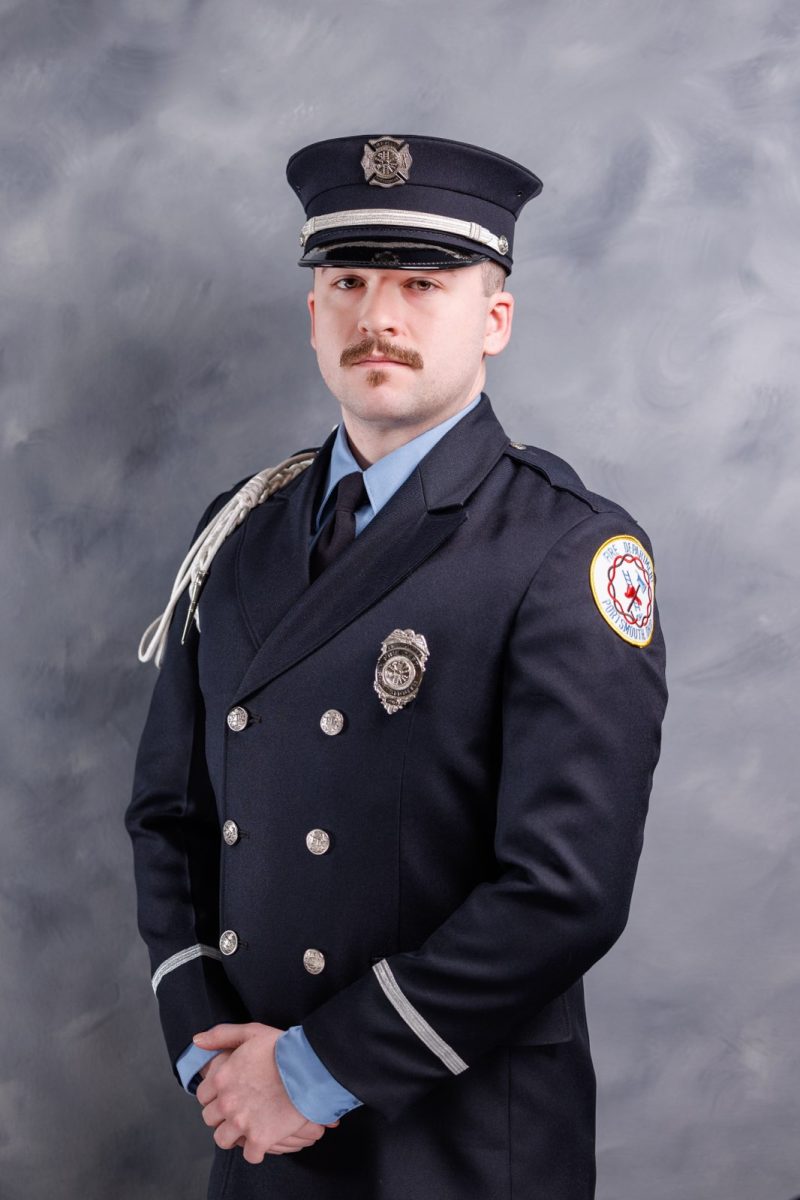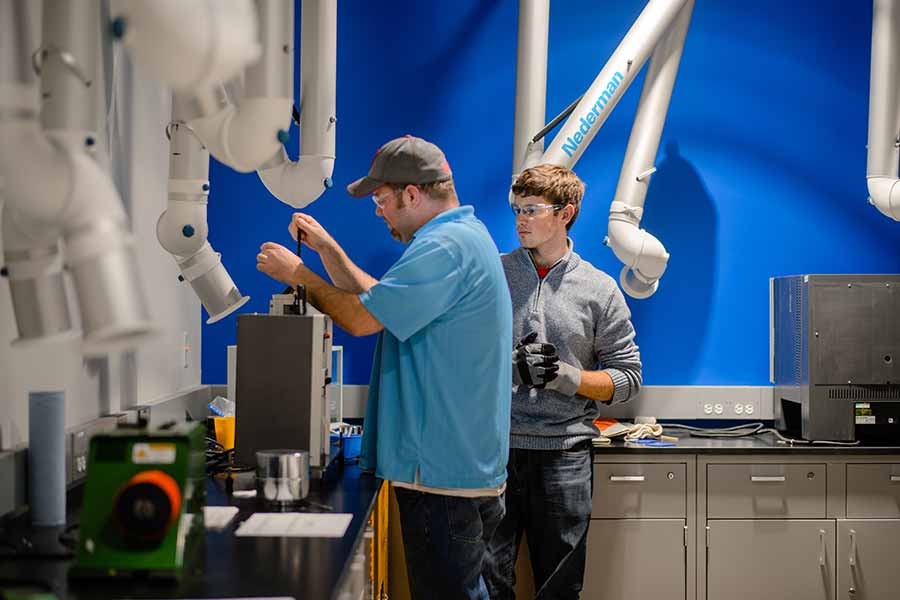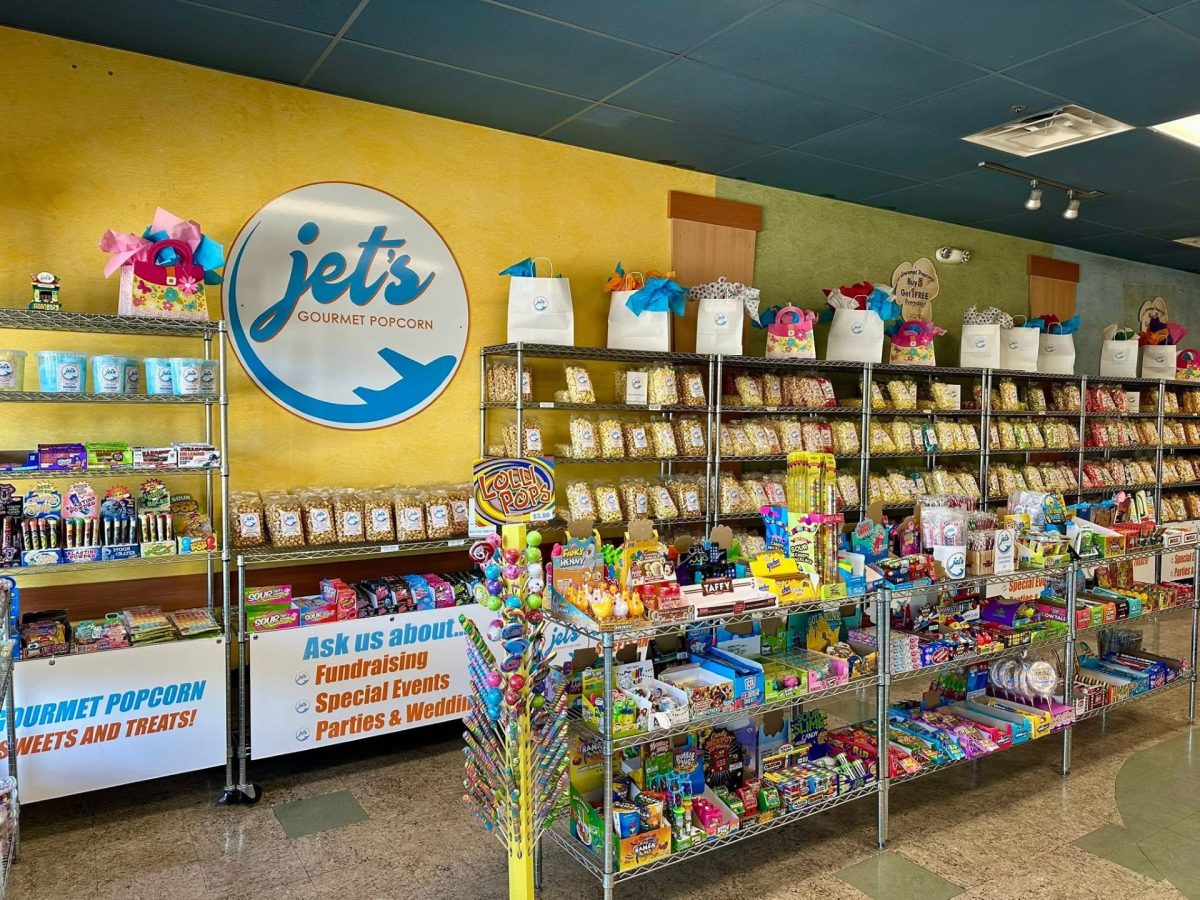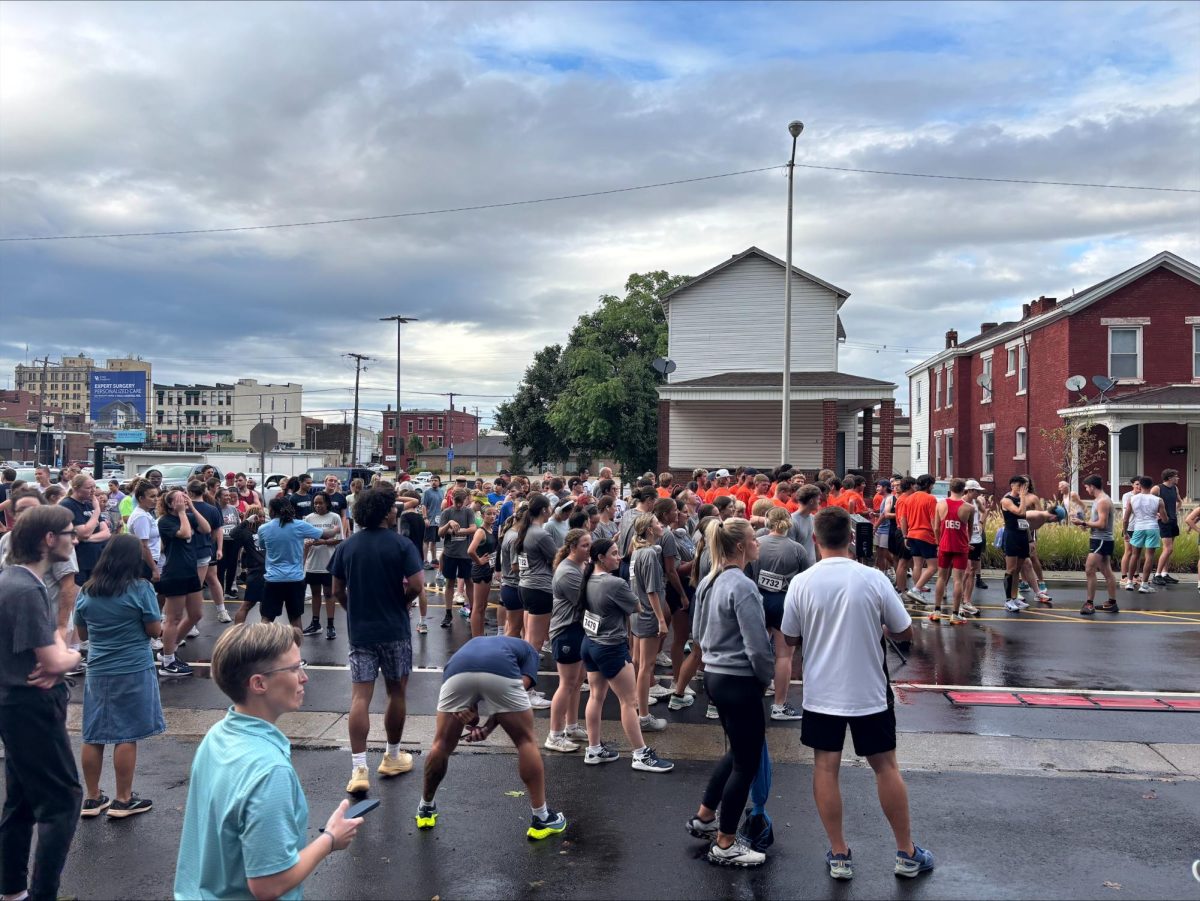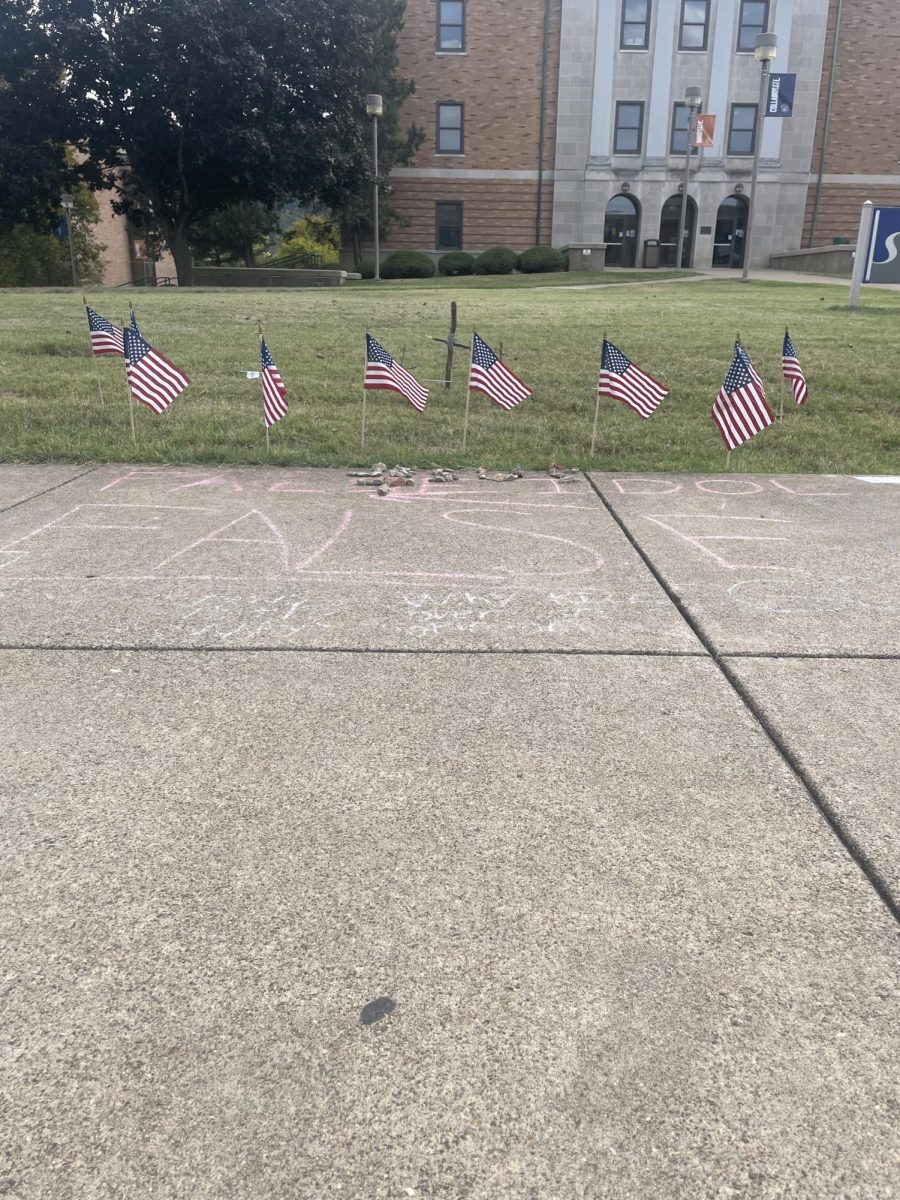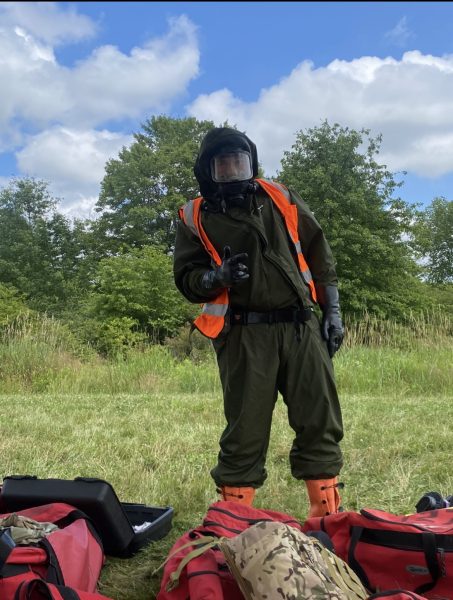The Portsmouth Fire Department has been a cornerstone of public safety for over 150 years, serving the city and its annexed communities with dedication and professionalism. With a fully career staff (paid rather than volunteer) since 1871, the department operates three firehouses, responds to more than 4,200 emergency calls annually, and provides both fire suppression and advanced medical services to a community of just over 20,000 people. Beyond its equipment and call statistics, the department represents the resilience, discipline and compassion of the men and women who dedicate their lives to protecting others.
Medical emergency or rescue calls represent 70 to 75 percent of the department’s call volume. The department has three medic units staffed by two firefighter paramedics or firefighter emergency medical technicians (EMTs). The department also utilizes a platoon system with three different platoons working 24 hours on and 48 hours off (a rotation of three days). The chief of the department and the captain of fire prevention as well as the administrative secretary work Monday through Friday on eight-hour shifts.
The department utilizes many different vehicles in its fleet. Some of these vehicles include: one command vehicle (Car Two), two engine companies, two ladder companies and three medic units. These are considered the frontline apparatus and are supposed to be ready for any minute that a situation could occur. Car Two is designed to respond to the scene faster than the other equipment so that an officer can take command and establish a plan before the others arrive. The engines are large pumping apparatus and contain 750 gallons of water to start the attack on a fire and hook into hydrants or any other water sources. The ladder trucks can be utilized as engines but are designed to gain and access higher floors or windows with the aerial ladder.
The day of a firefighter begins at 8 a.m. when shifts change. The off-going crew meets the incoming crew and informs them of the past 24 hours period and what runs the crew went on. The reasoning behind this is to let the new crew know what inventory or supplies to check and replenish if necessary. After this, the engineer (or acting engineer) conducts the truck checks on the equipment and vehicles ensuring that everything is in working order and ready for any emergency.
After this, the shift then moves into breakfast. Most of the time, stations only prepare two meals a day: breakfast and dinner. While waiting for calls or filling out paperwork from previous runs, each firefighter trains both body and mind. The training includes a wide variety of topics depending on the day. Some days training focuses more on the paramedic side of things and other days it focuses more on fire suppression and fire prevention. At least bi-annually, the department conducts preplanning on larger structures and buildings.
“One of the biggest parts of preparing for an emergency is showing up to work expecting one,” firefighter James Grimm said. “It’s the moments when you can actually make a completely positive impact. Typically, on a fire there’s going to be some degree of loss, even if you do the best you possibly can. Someone has lost something, even if the house is still standing. But there are the occasional runs where you can take a negative situation and turn it completely around, and they are rare, but they definitely feel the best.”
Grimm’s advice to people interested in pursuing a career in fire service is: “Focus on yourself more than the job. The people who excel at the fire service are not the ones who are obsessed with getting the job, but rather are the ones whose life story prove a maturity capable of adapting to the job.”
Life in the fire service is far more than answering alarms. It is about preparation, teamwork and the determination to make a difference in moments of crisis. From daily routines and rigorous training to the personal reflections of firefighters like Grimm, it is clear that the Portsmouth Fire Department embodies both professionalism and humanity. While the work can be demanding and sometimes filled with loss, the rare opportunities to turn tragedy into hope remain at the heart of the job. For those who choose this career, it is not just about fighting fires, but about proving through their lives the maturity, adaptability and compassion that the service requires.
